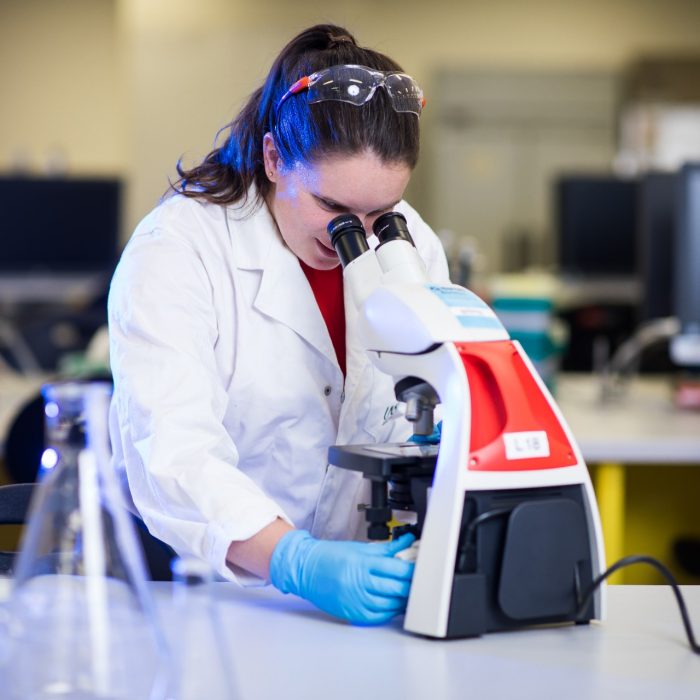- UNSW
- ...
- Study with us
- Postgraduate research
- Masters by Research
- Home
- About us
- Our schools
- Study with us
- Student life & resources
- Our research
- Engage with us
- News & events
Engage in ground-breaking research
A Masters by Research is your opportunity to contribute new knowledge within a chosen scientific discipline. You'll use research skills and methodologies to demonstrate your original scientific insights. This degree provides you with the experience and expert knowledge you need to confidently approach a research career.
Entry requirements
The minimum requirement for admission to a Masters by Research is:
- an appropriate UNSW Bachelor degree with lower second honours or higher; or
- an equivalent qualification from a tertiary institution, as determined by the Faculty Higher Degree Committee (HDC).
The minimum requirement for UNSW Scholarship with admission to a Masters by Research is:
- A four-year Bachelor's degree with First Class Honours from an Australian institution or equivalent research qualification experience. This qualification must be in a field relevant to the proposed area of research.
English requirements
All applicants must provide evidence that their English language ability meets the minimum requirements for admission: English language requirements.
Program requirements
The Masters by Research program is normally 2 years full-time in duration (96 UOC) and requires preparation of a written thesis. The length of a Masters research thesis normally should not exceed 75,000 words. Once completed, the thesis is examined by members of the Australian and international scientific academic community.
Scholarship opportunities
We assist postgraduate researchers with a range of prestigious scholarships with annual stipends, living allowances, tuition fee costs, travel scholarships and supplements. Our scholarships support both current and new postgraduate research candidates.





